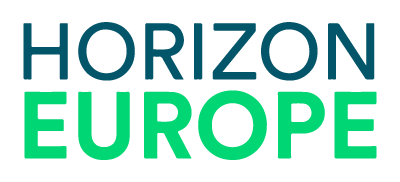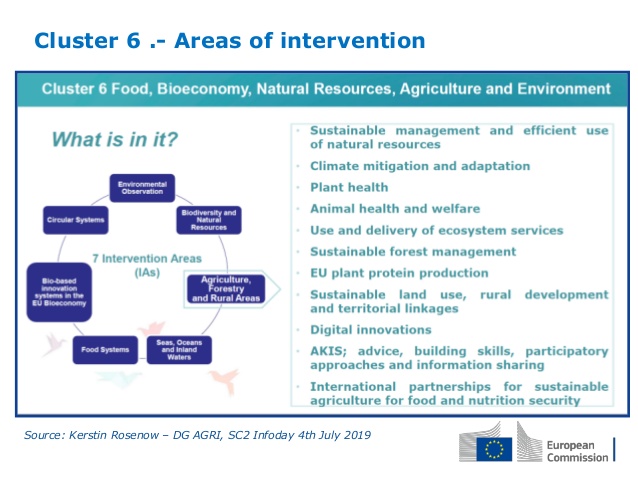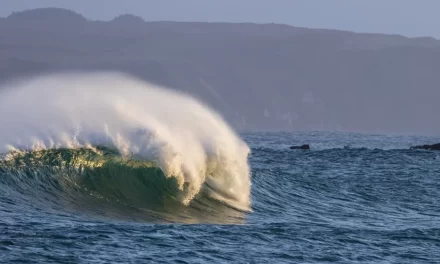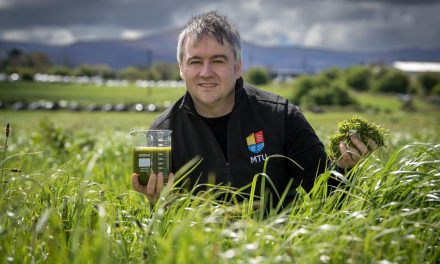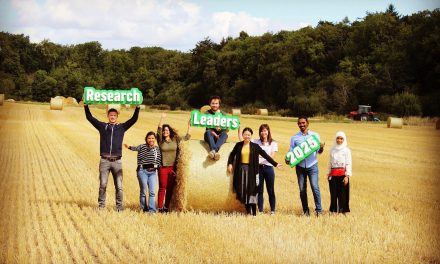R&I in the Cluster 6 aims to advance knowledge, build capacities as well as develop and demonstrate innovative solutions that will accelerate the transition to a sustainable and circular management and use of natural resources ensuring ecosystem integrity as well as sustainable development and human well-being, including food and nutrition security, in the EU and globally. This will involve user-driven exploitation of environmental big data sources (in particular from Copernicus and Galileo). R&I activities under this Cluster shall create the following interlinked, long-term impacts:
Reduction of greenhouse gas emissions and successful adaptation of ecosystems and production systems as well as rural, coastal and urban areas to climate change
The climate mitigation and adaptation potential of terrestrial, seas, oceans and inland waters ecosystems as well as primary production, food and bio-based systems will be seized. In particular, GHG neutral and climate-proof production and consumption will be enabled. Negative GHG emissions through sink and storage functions provided by ecosystems and sustainable bio-based resources, materials and products will be actively enhanced. As a result of actions under this Cluster in cooperation with Cluster 4 and 5, European climate targets will be achieved, notably a cut of at least 40% in greenhouse gas emissions (from 1990 levels). In the longer term this will enhance economic, environmental and social resilience.
Halt of biodiversity decline and restoration of ecosystems
Biodiversity and ecosystem services in natural systems and in primary production will be better understood, monitored, valued and managed. As a result, the decline of biodiversity, including of pollinators, will be reversed and ecosystem integrity and resilience in land and aquatic environments enhanced.
Sustainable and circular management and use of natural resources; prevention and removal of pollution; healthy soils and clean water and air for all; attractive jobs, enhanced value creation and competitiveness
The physical and biological planetary boundaries in relation to the use and management of biodiversity and natural resources on land and sea will be better understood and defined. This will provide the basis for a more circular use of resources and the mainstreaming of circular systems. As a result, resource efficiency will be increased and pollution will be reduced all along value chains, from production to consumption and disposal. The resource-efficient management and sustainable use of biological resources will result also in increased added-value along the whole value chains and their competitiveness as well as more attractive jobs in rural, coastal, peri-urban and urban areas. Sustainable management of water resources will help to better cope with the impacts of floods and droughts and reduce the high economic costs related to water pollution control and removal.
Establishment of primary production, food and bio-based systems based on sustainability, inclusiveness, health and safety; food and nutrition security for all
Sustainable, low emission, resilient, competitive and equitable primary production and food systems will become the norm. The potential of aquatic production systems and aquaculture to produce sustainably high quality food and biomass will be unlocked. Imbalances in our food value chains will be corrected, from agriculture and fishing, to the food and drink industry, transportation, distribution, and consumption. Safe use of bio-resources from land and sea will be ensured. Sustainable, safe and healthy diets will be available and accessible for all and a major shift to healthy diets from sustainable food production systems will be achieved.
Behavioural, socio-economic and demographic change are well understood and drive sustainability; a balanced development of vibrant rural, coastal, peri-urban and urban areas
Behaviour, motivation, lifestyle and choices of producers and consumers will be better understood. Citizens, as consumers, as producers, as entrepreneurs and as innovators will have equitable access to knowledge and skills required for making informed choices and being actively engaged in sustainable management of natural resources, from production to consumption and disposal. Healthy and responsible production and consumption will become the norm. Mobilising the forces of digital transformation and socio-economic innovation will facilitate those changes and foster a balanced and interlinked development of rural, coastal, peri-urban and urban areas.
Establishment of governance models enabling sustainability
Policy design, implementation and monitoring will be supported by strong evidence-based knowledge and tools. Innovation systems will be in place and encourage multi-actor, participatory, risk-aware, place-based innovations which in turn will accelerate the development and adoption of sustainable practices. Solid and reliable information from Environmental Observations will allow better understanding of impacts of global changes and enable sound decision making by public authorities. The EU’s and international science-policy interfaces will be strengthened to achieve a global impact on the transition to sustainability.
The topic areas in Cluster 6 will be geared towards ‘Destinations’, the seven proposed destinations for this Cluster are:
- Biodiversity and ecosystem services,
- Fair, healthy and environmentally-friendly food systems from primary production to consumption,
- Circular economy and bioeconomy sectors,
- Clean environment and zero pollution,
- Land, oceans and water for climate action,
- Resilient, inclusive, healthy and green coastal and urban communities,
- Innovative governance, environmental observations and digital solutions in support of the green deal
For Cluster 6 there are eight candidate partnerships covering Agroecology, Animal Health, Agriculture of Data, Biodiversity, the Blue Economy, Food Systems, Bio-based Europe and Water for All.
A novel part of Horizon Europe will be Missions – the European research and innovation missions aim to deliver solutions to some of the greatest challenges facing our world. Two mission areas are relevant to the Cluster – Soil health and food and the Mission Healthy oceans, seas, coastal and inland waters. The Soil Mission has a draft proposal to get at least 75% of land in each MS to a healthy state by 2030.
